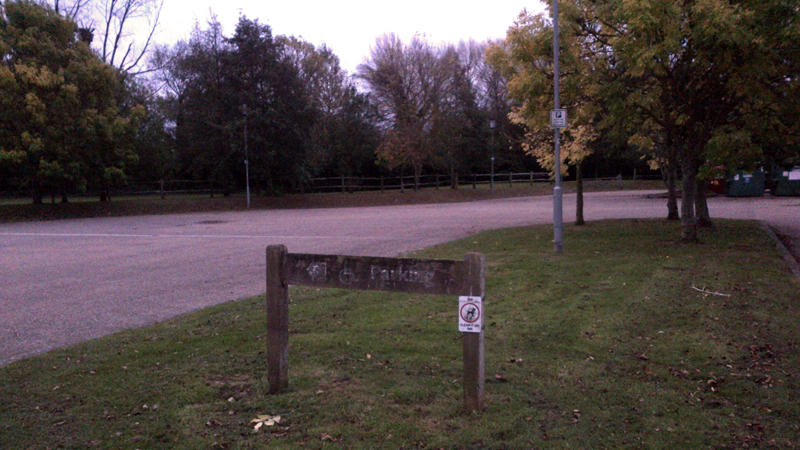Rye is racing towards a possible referendum on its neighbourhood plan to coincide with May’s district and town/parish council elections, Wednesday’s packed annual town meeting in Rye Community Centre heard.
And a special additional town council meeting will be held next Monday, March 11, at 6.30pm in the Town Hall in Market Street to agree the council’s response to the independent examiner’s comments on the plan.
Such plans have to go through a number of stages before a vote can be taken to ensure the proposals are consistent with national policies and legislation.
The Rye Neighbourhood Plan’s Steering Group’s (RNPSG) vice-chairman Anthony Kimber (who was thanked for all his work) has therefore been working with Rother District Council (RDC) on answers to the examiner’s questions and queries – many of which raise technical points or just sought clarification.
If the plan is agreed in a town referendum it will provide “a statutory plan that all planners and developers must consult” and “sets out a positive vision of how Rye develops until 2028” said an RNPSG report circulated at the town meeting.
The town council will consider on Monday a detailed 12-page document listing “several small amendments or additions to reflect important comments” from the independent examiner.
Three examples of these raised at the town meeting covered the future use of the Gibbet Marsh area, development along Winchelsea Road on the road next to the river, and the future of the allotments.
The meeting was told that Gibbet Marsh could be split into three areas – the main tarmac car park, the overflow car park grassed area, and a “green corridor” bordering the river and the railway line – and that there were no plans to change how the three areas were currently used.
However it was noted that the recycling bins have been moved from there to the Leisure Centre off The Grove so they could be better supervised by CCTV.
The examiner also queried why so little development was proposed for the Winchelsea Road riverside, and the meeting was told the problem was the mixed ownership of the land.
Various bits are owned by the Environment Agency in particular which prefers to lease the land, rather than sell it, and this has acted as a deterrent to development.
As far as the remaining allotment sites and the community garden are concerned the examiner will be told they are statutory and therefore protected.
In the case of the Lower School site the examiner had asked about its ecological importance and the council will be asked to say that “it is a deciduous woodland priority habitat” and includes a RDC tree preservation order.
A planning application is currently being considered by RDC for housing on the site, and the town council – while welcoming some housing there – decided the developer wanted too many houses.
Parking and the likely introduction of Civil Parking Enforcement (CPE) next year, raised some questions, but local residents (and this was a meeting for local residents) seemed to accept this was mainly based on existing restrictions – and could be revised later if problems, or other needs, could be demonstrated.
The town council has set up a working party to monitor CPE and consider future needs and revisions.
The meeting was closed by the Mayor, Councillor Michael Boyd.
Image Credits: Rye News library .



